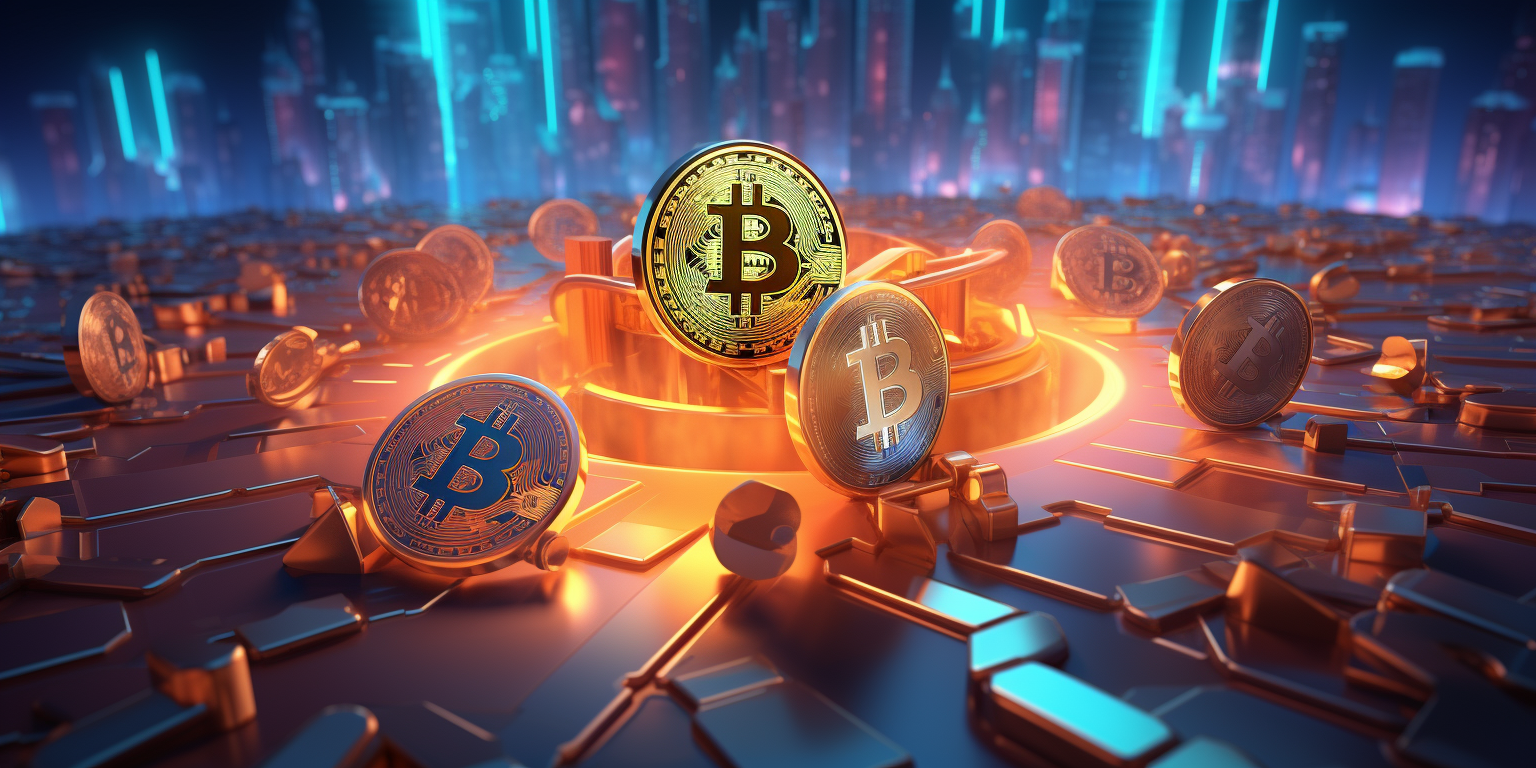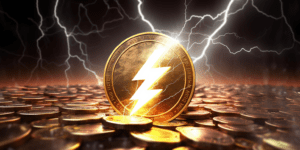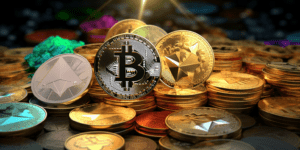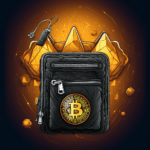Introduction
The concept of a token economy has revolutionized the way we perceive and transact value in the digital age. With the advent of blockchain technology, digital assets, represented by tokens, have emerged as a powerful means of representing ownership, facilitating transactions, and unlocking value across various ecosystems. In this article, we delve into the intricacies of the token economy, its impact on traditional financial systems, and the diverse range of digital assets that are reshaping industries and economies.
1. The Foundation: Blockchain Technology
- Blockchain: The underlying technology behind the token economy is blockchain, a decentralized and immutable ledger. Blockchain enables the creation, transfer, and management of digital assets with unprecedented security and transparency.
- Smart Contracts: Smart contracts, self-executing code on the blockchain, play a pivotal role in automating transactions and enabling complex functions for digital assets.
2. Understanding Tokens
- Definition: Tokens are digital representations of assets or utility. They can represent ownership of physical assets, access to services, voting rights, or even pure digital currencies.
- Types of Tokens: Tokens can be broadly categorized into security tokens, utility tokens, and non-fungible tokens (NFTs), each serving distinct purposes in the token economy.
3. Impact on Traditional Finance
- Tokenization of Assets: Traditional assets such as real estate, art, and stocks are being tokenized, making them more accessible and divisible for a global audience.
- Efficient Transactions: The token economy reduces the need for intermediaries, making transactions faster and more cost-effective.
- 24/7 Markets: Digital assets trade 24/7, providing liquidity and accessibility beyond traditional market hours.
4. Token Economy Use Cases
- DeFi (Decentralized Finance): DeFi platforms use tokens to offer financial services like lending, borrowing, and yield farming, allowing users to earn interest and participate in financial markets without intermediaries.
- NFTs (Non-Fungible Tokens): NFTs represent ownership of unique digital or physical items, enabling creators to monetize their digital content and collectors to own rare assets.
- Tokenized Securities: Companies issue security tokens to represent ownership in the form of shares or assets. These tokens can be traded on blockchain-based exchanges.
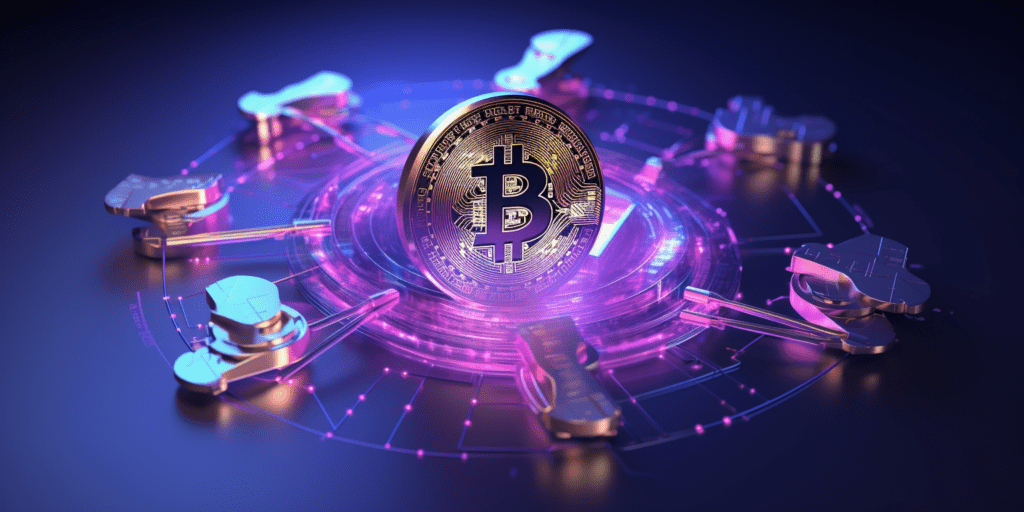
5. Challenges and Considerations
- Regulatory Compliance: The token economy faces evolving regulatory challenges, with authorities working to establish frameworks that balance innovation and investor protection.
- Security: Ensuring the security of digital assets and tokens is paramount, with a focus on safeguarding against hacking and fraud.
- User Education: Users must understand the risks and responsibilities associated with managing digital assets, including private key security.
6. Future Prospects
- Interoperability: The future of the token economy may involve interoperable blockchain networks that allow seamless asset transfer between different ecosystems.
- Tokenization of Everything: More assets, from intellectual property to collectibles, will likely be tokenized, unlocking new forms of value.
- Mainstream Adoption: As user-friendly interfaces and regulatory clarity improve, the token economy is poised to gain broader adoption.
7. Conclusion
The token economy represents a seismic shift in how we perceive and interact with value. Blockchain technology and digital assets have disrupted traditional financial systems, offering new possibilities for ownership, transactions, and value creation. As the token economy continues to evolve, it will reshape industries, economies, and the way we participate in the global financial landscape. However, it is crucial to navigate this new frontier with caution, staying informed about regulatory developments and best practices to ensure a secure and prosperous journey in the world of digital assets.
Disclaimer: This article is for informational purposes only and should not be considered financial, investment, or legal advice. Readers are encouraged to conduct their own research and seek professional guidance as needed.
